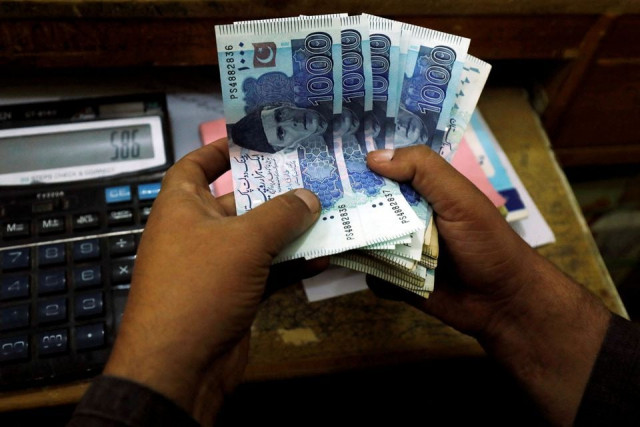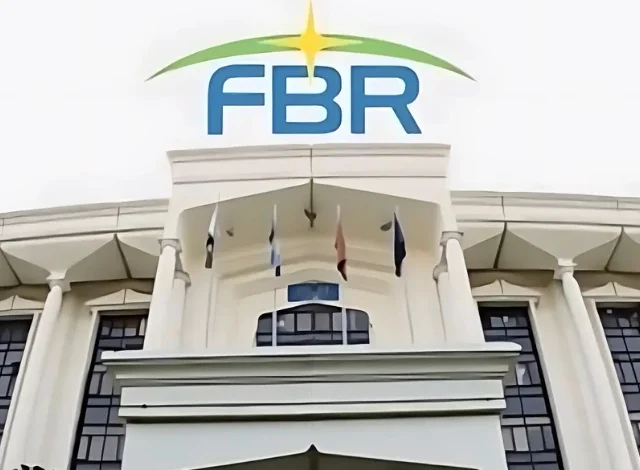
Govt Offers Income Tax Relief for Salaried Class in Budget 2025–26
In a major relief for Pakistan’s salaried class, the federal government has proposed significant income tax reductions across various income brackets in the fiscal budget 2025–26. The move is aimed at easing the financial burden on the country’s working population amid ongoing inflationary pressures.
Finance Minister Muhammad Aurangzeb, presenting the budget in Parliament, announced that income tax will be reduced by up to four per cent for individuals in the lower and middle-income categories. He stated that the decision aligns with Prime Minister Shehbaz Sharif’s vision to support the salaried class and promote equitable taxation.
“We have proposed a decrease in income tax across all slabs to create a fairer and more supportive structure for salaried individuals,” said Aurangzeb. “This relief is designed to balance inflationary pressures with increased take-home income.”
Breakdown of Proposed Tax Relief:
- Annual income Rs600,000–1.2 million (Rs50,000–100,000/month):
Tax rate reduced from 5% to 1%
Annual tax lowered from Rs30,000 to Rs6,000 - Annual income up to Rs2.2 million:
Tax rate reduced from 15% to 11% - Annual income up to Rs3.2 million:
Tax rate cut from 25% to 23% - Annual income above Rs10 million:
1% reduction in income tax surcharge to discourage brain drain and retain top talent
Context and Justification
The salaried class has shouldered a disproportionate share of the tax burden. In the first eight months of FY2024–25, salaried individuals paid Rs331 billion in income tax — over 1,350% more than retailers, according to government figures.
Despite this, the issue of tax relief was not prioritized in previous negotiations with the International Monetary Fund (IMF), leading to growing discontent among taxpayers. The government now aims to address this imbalance through its revised tax policy.
Last fiscal year, the salaried class paid Rs368 billion in taxes, contributing significantly to national revenue while lacking flexibility to adjust expenditures against their gross income.
Broader Impact
The tax relief is expected to:
- Increase disposable income for working professionals
- Improve purchasing power amid rising costs of living
- Encourage tax compliance among lower and middle-income earners
- Slow down the emigration of high-skilled professionals
The proposed changes signal a shift toward a more inclusive and balanced fiscal policy that recognizes the contribution of the salaried class while promoting economic stability.






